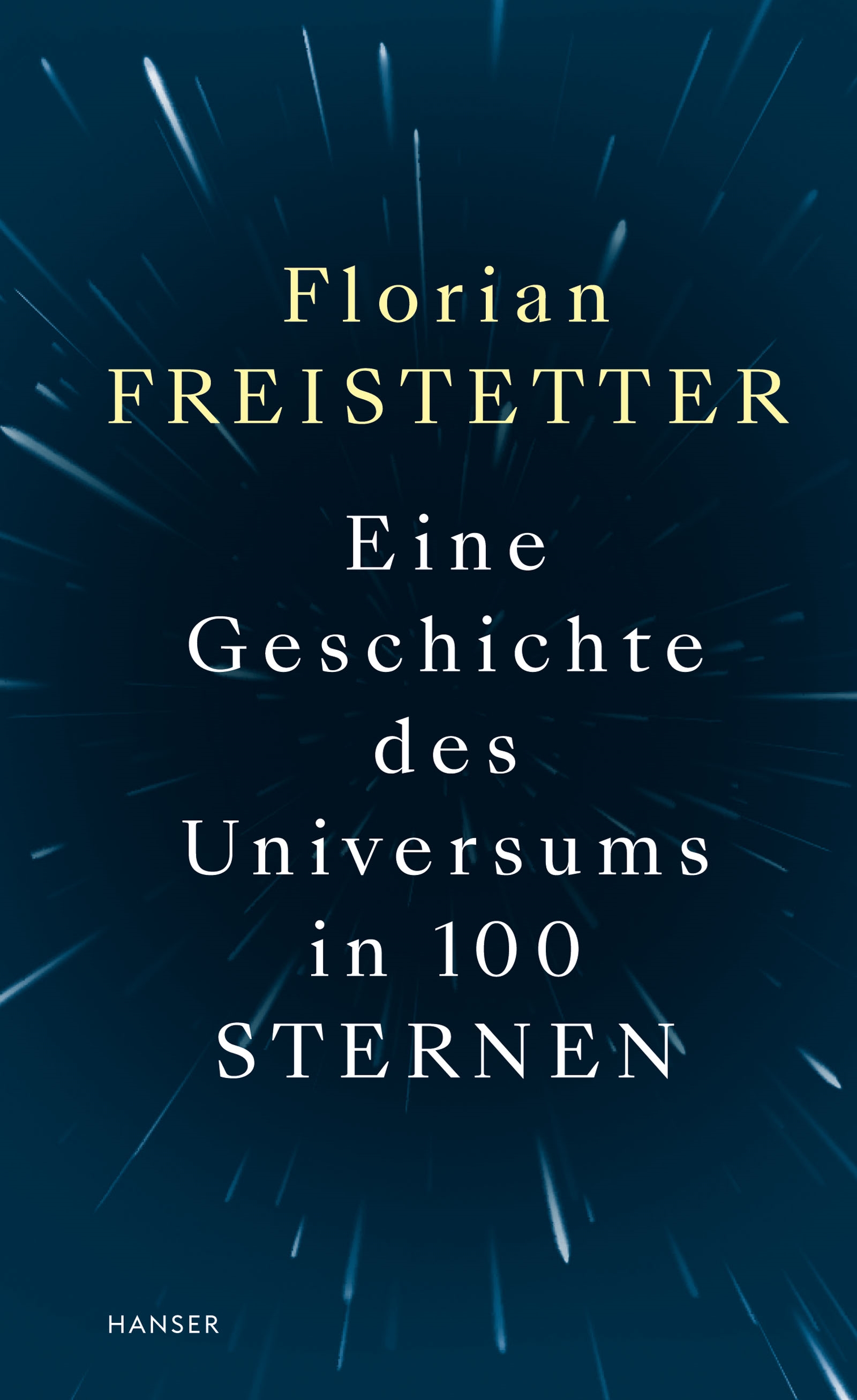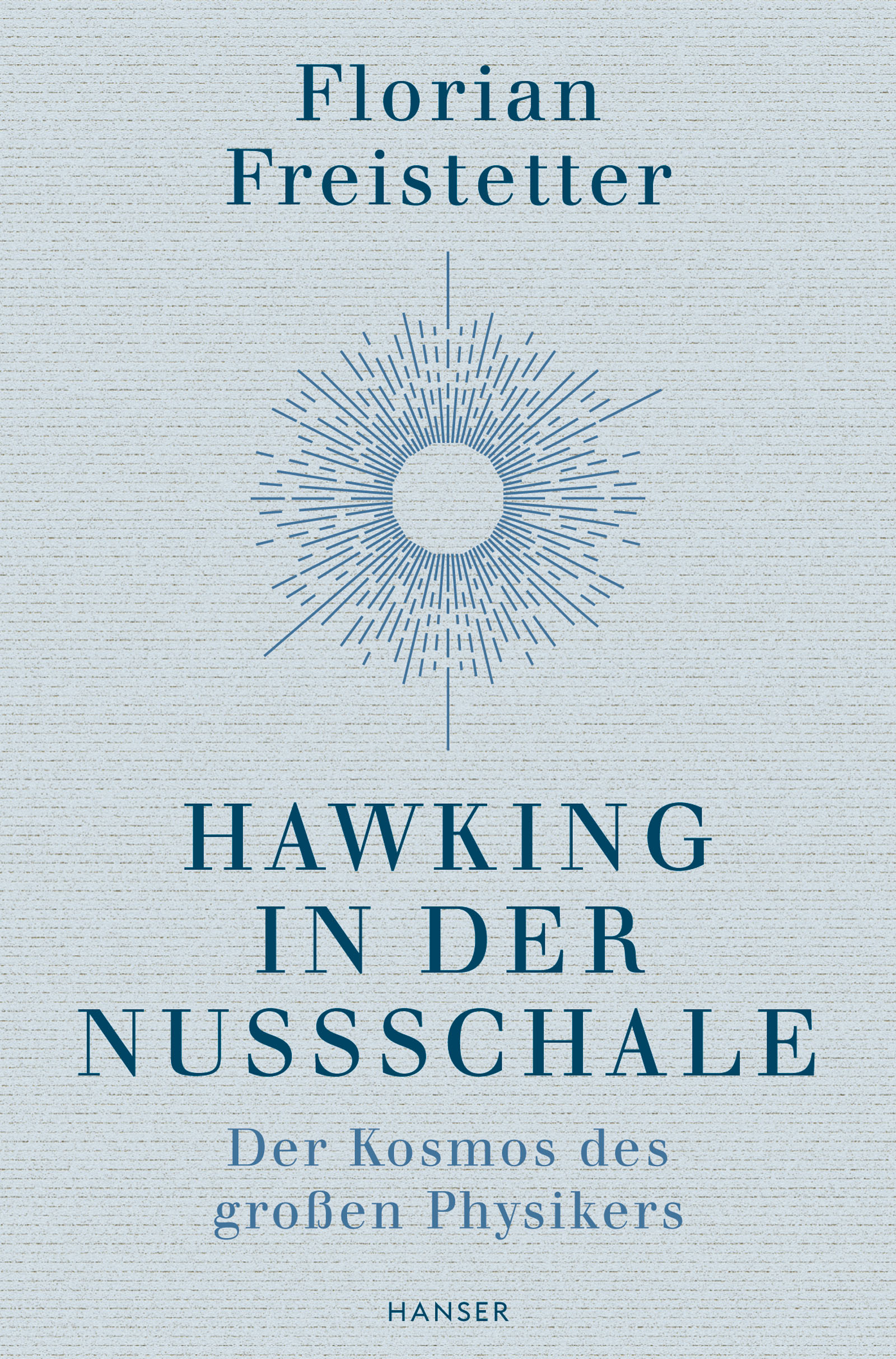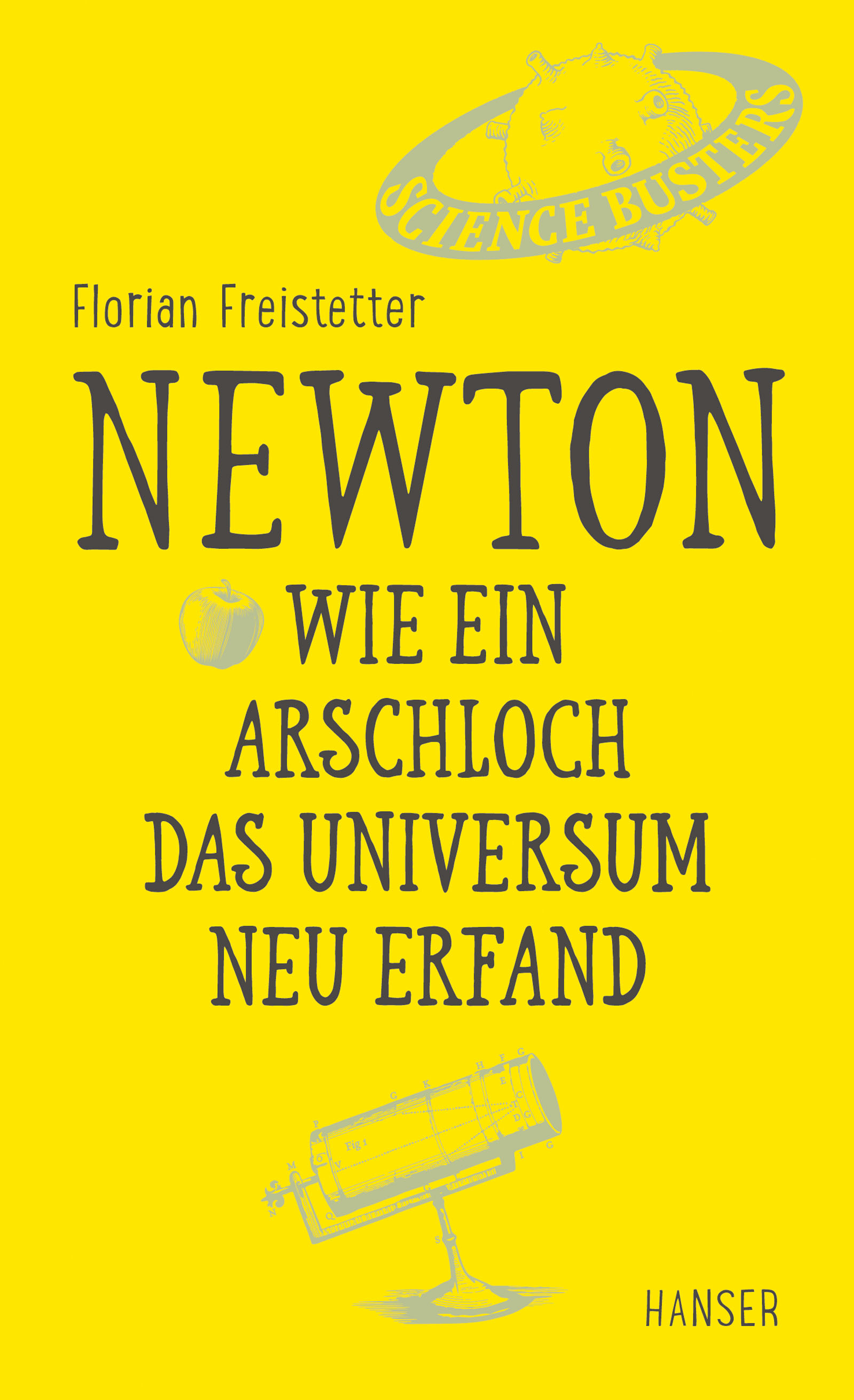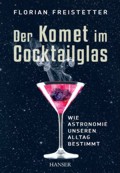This is the original text of the email-conversation between Dave Goulson and me that we had on 22. September 2014. A german translation of this interview was published here.
————————————————————————————-
When looking through the popular science books on display in the bookstores, it seems to me, that they have to deal with topics that have to be either controversial or at least very, very exciting: The science of superheroes, multiverses and quantum mechanics, political discussions on climate change, life after the apocalypse and so on. You however decided to write a book about bumblebees. How did that come about and was it difficult to find a publisher for such a “mundane” topic?
I’ve been fascinated by bumblebees all my life, and have been studying them professionally for 20 years, so it was the obvious choice for me. It seems to me that we tend to overlook how much fascinating and wonderful stuff goes on tight under our noses – those people that watch natural history documentaries are probably more familiar with the biology of wildebeests and lions than they are with that of bumblebees, or for that matter earwigs or dragonflies. These little creatures are enormously important, and have amazing and peculiar lives, but because they are small we ignore them. Both of my books are attempts to demonstrate how fascinating and vital insects are.
Your stories about the bumblebees are enthralling and your enthusiams to tell the public about your research shows throughout your books. Did you always have the urge to communicate your science or did this develop later during your career as a scienctist?
For many years I just published scientific papers, which tend to only be read by other scientists. This was frustrating because scientists are not in a position to act on the information, other than by doing yet more research and writing their own papers for me to read. I was working on bee declines, and wanted someone to actually do something about it. Eventually I became much more focussed on trying to reach a broader audience. I set up a charity, the Bumblebee Conservation Trust, which now has ~8,000 members in the UK. The books are another way of trying to draw more people in to appreciate biodiversity in all its forms, and to try to conserve our dwindling wildlife – if people don’t know about something, they won’t care about it.
How do your colleagues and superiors respond to your commitment to scientific outreach? When I was a scientist, my work in science communication was sometimes frowned upon because in their view a scientist should dedidacte all his time to reasearch. The fact that grant money and faculty positions are (at least in Germany) awarded mainly according to the length of your publication list did not help either. Did you encounter similar problems or has scientific outreach a different status at British universities?
The agenda has changed a lot in the last 10 years. Now, universities are keen to encourage outreach, so my boss seems very happy with what I am doing! I’m very pleased with the growing appreciation that university researchers need to be able to demonstrate the broader value of their work to society.
When I browse through the British television program, there seem to be an awful lot of shows about gardening, plants and related topics. Do people in the United Kingdom have a special relation to nature (or at least their gardens) and are thus easier to inspire to care about conservation and biological diversity?
The British do have a peculiar fascination with nature, with numerous membership-based societies devoted to all sorts of peculiar groups of wildlife. There are separate clubs for those interested in beetles, hoverflies, butterflies, birds, reptiles, stick insects, and many more. The Royal Society for the Protection of Birds alone has over 1 million members. The British are also very keen gardeners, and many gardeners now realize that their gardens can be important havens for wildlife. In these respects it is a great country to be based in, though it is sad that our damp, crowded island actually has rather little wildlife compared to most of Europe.
A lot of people live in cities and probably have little contact with their local wildlife. They visit zoos and watch TV shows where they learn all about endagered animals like pandas, whales, tigers, etc. Do insects have a publicity problem? What can be done to communicate the importance of alleged “boring” animals like bumblebees, beetles or bugs?
Insects are infinitely more fascinating, weird and wonderful than the big, cuddly creatures that get all the attention. They are also much more important to life on Earth – if, for example, the Panda were to go extinct, it would make no real difference to the world (though of course it would be a terrible shame). If bees were to disappear, most of a crops would fail and most flowering plants would be doomed to a swift extinction. Without flies and beetles, mountains of animal dung would build up. Without worms and woodlice, mounds of dead-leaves would pile up everywhere. We need to recognise the importance of these little beasts. It is a terrible shame that many people grow up detached from nature, and their first instinct on seeing an insect is to try to squash it.
During your research, you often resort to very basic experiments and tools. As an astronomer, I find this kind of research very fascinating. In modern astronomy (and physics) almost nothing can be done without large and expensive equipment. Of course large labs with complicated machines do exist also in biology but when reading your books one gets the impression, that a significant amount of research in your field can be done by just walking through nature; looking and thinking. Is this really so or just an idealised representation of this type of research?
A lot of my research does need little or no equipment – a notebook, perhaps a butterfly net, maybe some Tippex to mark bees, or netting to exclude them from flowers. It is one of the nice things about studying the natural world – anyone can make new discoveries. Of course sometimes it is helpful to be able to use modern techniques – we occasionally do molecular studies to measure genetic diversity and gene flow, or we use fancy analytical machinery to identify pheromones or detect pesticide residues. But several of my current PhD students need little more than a pen and paper to collect their data.
If, after reading your books, one wants to contribute somehow to the efforts of saving bumblebees and other insects, help raising awareness or even support the reasearch: What would be the best, easiest and fastest way to do so? Are there any citizien science projects you want to recommend? Are there projects outside of Great Britain where the german speaking readers of your book can find more information?
A simple thing most people can do it plant a few bee-friendly flowers in their garden –my lab website has a list. Also, don’t use insecticides (they really aren’t necessary in a garden – what is the worst thing that can happen without them – a few aphids on the roses?). If possible, leave a corner of the garden for the grass to grow long. If you have no garden, suggest to the local council that they cut the grass in the local park less often, and leave some parts to be cut just once a year – it saves them time and money, and is great for wildlife. There is a great interest in citizen science at the moment so there are likely to be projects in Germany in the near future, but I don’t have any details.
A very interesting chapter of your second book deals with your research concerning CCD and neonicotinoids. Your experiments revealed the danger of those insecticides and you described your surprise over the reluctance of the politicians to follow up the results and ban neonics. How do you see the role of scientists in such political decisions? Should they just provide scientific evidence and leave the decisions to the politicians or should they become lobbyists themselves?
I’m not sure of the answer to this one. Of course scientists should clearly communicate their results, but should they also publicly voice opinions on what policy decisions should be made? On balance, I think they should – after all, they often know far more about the details of a subject than the policy-makers themselves, and certainly more than most members of the general public who might only have read one or two articles in the media. We live in democracies, so we all have a right to express our opinion. In any case, I am somewhat cynical as to whether politicians can be trusted to make the correct decisions, left to their own devices. Industry has the money to buy huge influence over political decision-making, and I think scientists need to be willing to stand up and be counted if they perceive that scientific evidence is being ignored or misrepresented to justify dubious decisions. It seems to me that this is particularly important when politicians continue to make decisions which appear to sacrifice the long-term health of the environment for the sake of short-term political or financial gain.
The last chapter of “A buzz in the meadows” is rather depressing and pessimistic. Do you really think that we are doomed to follow the fate of the Easter Islanders? Compared to other urgent problems of our time like climate change or the depletion of fossil fuels it seems that the importance of biodiversity has not reached the same amount of public awareness. Why is that so and what can be done to change it?
Our politics still seem to be focussed on economic growth rather than sustainability, despite the obvious foolishness of aiming for eternal growth on a finite planet. At the same time, an ever-increasing proportion of the global population grow up in cities, detached from nature and with little appreciation of the fact that all our lives depend on a healthy ecosystem. Food doesn’t just materialize on the supermarket shelves. Education is surely the key – the Easter Islanders had no history books, and could not learn from their past. We can. We need to foster the innate enthusiasm that every child has for nature, so that instead of growing into an adult that squashes anything that buzzes, they grow into someone who understands and appreciates the inter-connectedness of all life on Earth. Easier said than done of course!











Letzte Kommentare